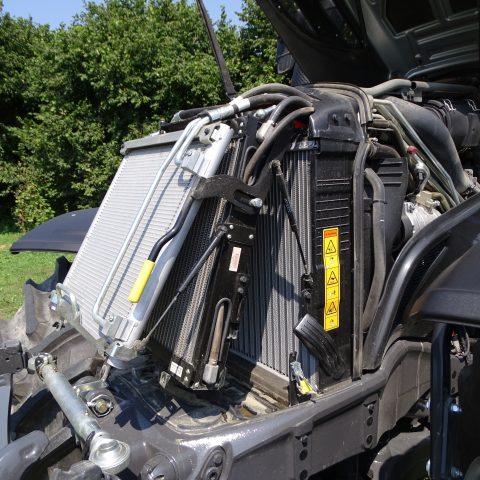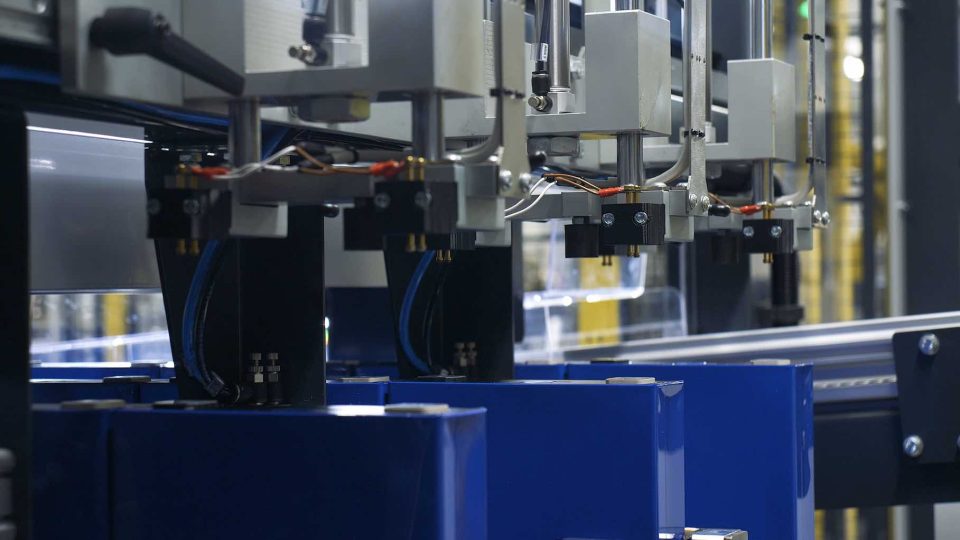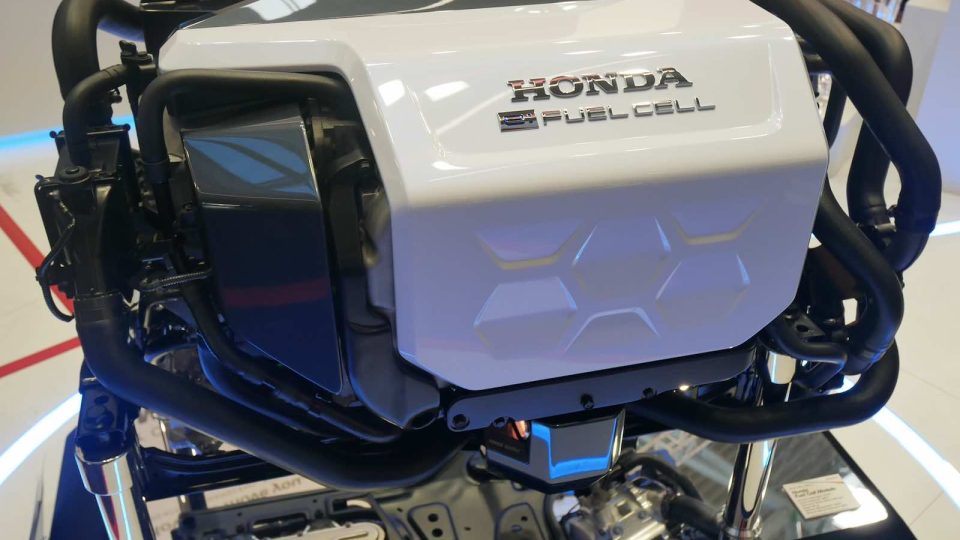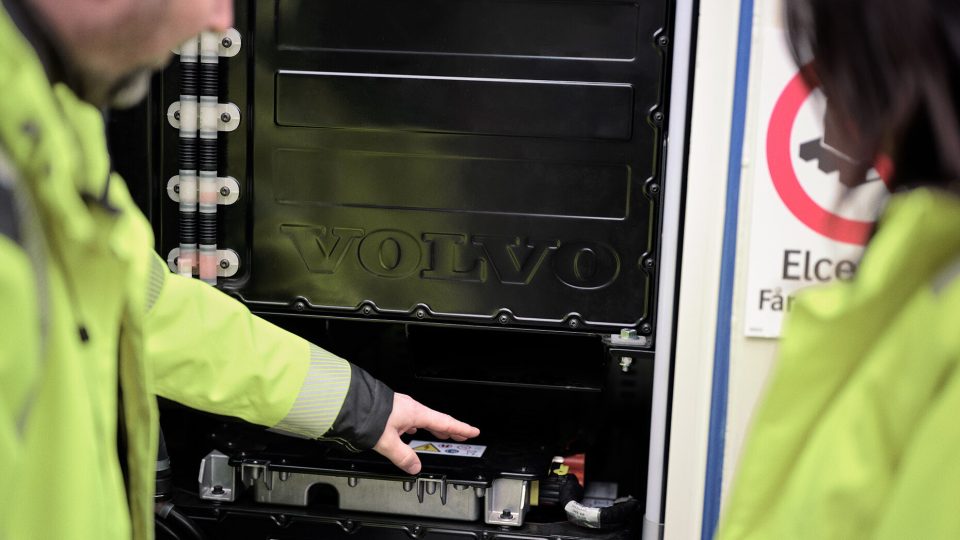Diesel Technology Forum says EPA undermines climate progress in new renewable biodiesel fuel volume policy
The Diesel Technology Forum (DTF) issued the following statement from Executive Director Allen Schaeffer regarding the U.S. Environmental Protection Agency’s (EPA) renewable fuel volume determinations, known as the Set Rule.

The Diesel Technology Forum (DTF) issued the following statement from Executive Director Allen Schaeffer regarding the U.S. Environmental Protection Agency’s (EPA) renewable fuel volume determinations, known as the Set Rule.
The EPA’s announcement establishes disappointing future volumes for the Renewable Fuel Standard, well below all expectations. It will delay the important opportunity for reducing greenhouse gas emissions from the use of low carbon biodiesel and renewable diesel fuels.
Biodiesel and renewable diesel fuel deliver significant carbon reductions in every application right now. These fuels can be used in any new, or existing, diesel engine. They’re endorsed by engine and equipment makers. Trucking fleets, farmers, contractors, and others use these fuels as an affordable way to help reduce greenhouse gas and other emissions by up to 80%. That’s immediately and without investments in new infrastructure, vehicles, or equipment.
The EPA’s volume set for 2023 is misaligned with current conditions. Compared to the same period in 2022, qualifying biomass-based diesel production increased by more than 30%, or 400 million gallons, in the first five months of this year already. The Energy Information Administration’s Short Term Energy Outlook for June 2023 projects increases in U.S. production of biodiesel and renewable diesel of more than 800 million gallons this year and 900 million gallons next year.
The EPA’s small nudge in biofuel volumes at this time of otherwise progressive climate policies is as confusing as it is inconsistent. The agency states that “Low-carbon fuels are an important part of reducing greenhouse gas (GHG) emissions in the transportation sector, and the RFS program is a key federal policy that supports the development, production, and use of low-carbon, domestically produced renewable fuels. (Page 7, pre-publication Final Rule).”
Yet rather than issuing a robust and growth-oriented future volume set rule that expands the use of renewable diesel and biodiesel fuels to drive faster and deeper reductions in greenhouse gas emissions, the EPA touts it primarily as an energy security strategy to reduce 140,000 barrels of foreign oil imports.









